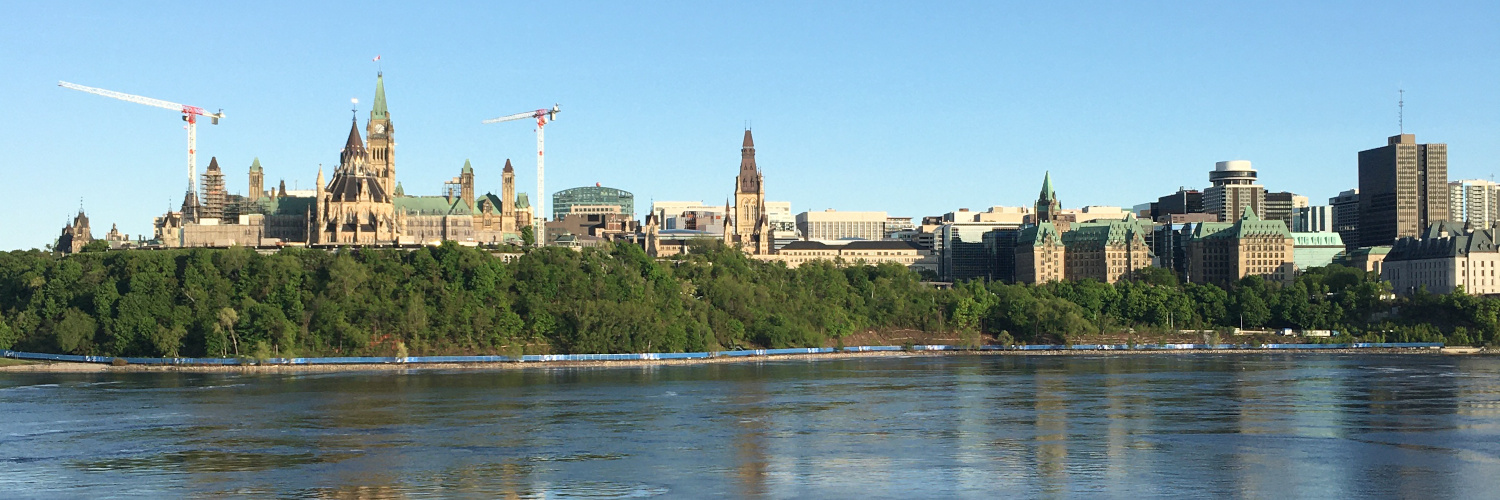COVID patients exhale high numbers of virus during the first eight days after symptoms start, as high as 1,000 copies per minute, reports a new Northwestern Medicine study.
Comments closedTag: COVID-19
Several hospitals tighten mask rules
Several eastern Ontario hospitals have tightened their masking rules as flu season approaches and COVID-19 indicators gradually rise.
Comments closedNumber with COVID-19 in B.C. hospitals has tripled since early August
The number of COVID-positive patients in B.C. hospitals has more than tripled in the last month, according to the latest data from the B.C. Centre for Disease Control.
Comments closedB.C. hospital sees fast spread of COVID-19, but no outbreak declared due to ‘negative connotations’
Health-care workers at a hospital on Vancouver Island are sounding the alarm about the fast spread of COVID-19 at the facility in the last few weeks, after public health officials said they would not declare it an outbreak because of “negative connotations.”
Comments closedMasks now mandatory in ‘key patient care areas’ at Kingston hospitals
Masks are now required in key patient areas at the Kingston Health Sciences Centre, including the Emergency Department, Urgent Care Centre and the Children’s Outpatient Clinic.
Comments closedWhere Have All The Masks Gone? And Why Is The CDC Missing In Action?
Comments closedThe Biden administration has made a political choice—not a scientific or public health one—to downgrade the national response to COVID-19. Included in this is the reticence or outright avoidance of mentioning masking even as cases rise in the US. The CDC director, in talking about this late increase in COVID cases, bends over backward to mention hand-washing, but not N95s. Without question, N95s offer individuals protection against infection and leaving out that fact is a disservice and an abdication of duty.
Ontario government oversight of long-term care homes ‘largely collapsed’ during pandemic, ombudsman finds
Comments closedWhat we uncovered was an oversight system that was strained before the pandemic, and proved to be wholly incapable and unprepared to handle the additional stresses posed by COVID-19.
N.B. nursing homes lacked infection-control measures during COVID: auditor general
New Brunswick nursing homes that reported high COVID-19 infection rates lacked infection prevention and control practices, and were not properly inspected, says a report by the auditor general.
Comments closedN.B.’s top doctor at bottom of COVID-19 decision-making hierarchy, auditor general finds
The Office of the Chief Medical Officer of Health was at the bottom of New Brunswick’s COVID-19 pandemic decision-making hierarchy, a new report by the auditor general shows, while third from the top, after cabinet and the cabinet committee on COVID-19, was a group that several MLAs say they knew nothing about.
Comments closedNova Scotia Health facilities removing entry screening
Nova Scotia Health will remove site screeners and entry screening at its facilities starting Sunday, Sept. 10.
Comments closedOttawa-Gatineau community update | 2023‑09‑06
COVID-19 wastewater viral signal
The COVID-19 wastewater viral signal for Ottawa has increased substantially (+963%) since a low on July 12, 2023.
Comments closedCOVID-19 : l’OMS s’inquiète de « tendances préoccupantes » avant l’hiver
The World Health Organization (WHO) on Wednesday expressed concern about “worrying trends” regarding COVID-19 as winter approaches in the northern hemisphere, calling for increased vaccination and surveillance of the virus.
Comments closedMask requirements returning to Ottawa Hospital ahead of fall virus season
Starting Monday, Sept. 11, masking will be required in all clinical areas and waiting rooms, including inpatient units, patient rooms, nursing stations and ambulatory care areas.
Comments closedNew COVID shots effective against latest variant, Pfizer and Moderna say
Pfizer on Wednesday said the updated Pfizer-BioNTech COVID-19 vaccine expected to be used this fall elicited a strong antibody response against the highly mutated BA.2.86 subvariant of the coronavirus in a preclinical study in mice.
Comments closedRecourse is limited for employees forced to remove their masks at work in Quebec, as the COVID-19 pandemic gathers momentum.
Comments closedCOVID-19 hospitalizations are on the rise in San Diego County. Here’s what you need to know
Doctors and health officials are seeing a rise in COVID-19 cases and hospitalizations across San Diego County, and the latest set of subvariants is dominating the spread.
Experts say thanks to widespread vaccinations, COVID-19 is becoming less severe. But while the latest surge in cases isn’t resulting in as many deaths or hospitalizations as seen early on in the pandemic, the public should still be wary of one complication: long COVID.
Comments closedNew York State sending masks, COVID-19 tests to schools for start of classes
New York State is sending masks and COVID-19 rapid tests to school districts that request them for the start of the 2023-24 school year.
Comments closedSo far, the National Institutes of Health’s progress has left patient advocates and some scientists underwhelmed. Accountability and oversight are needed.
Comments closed
